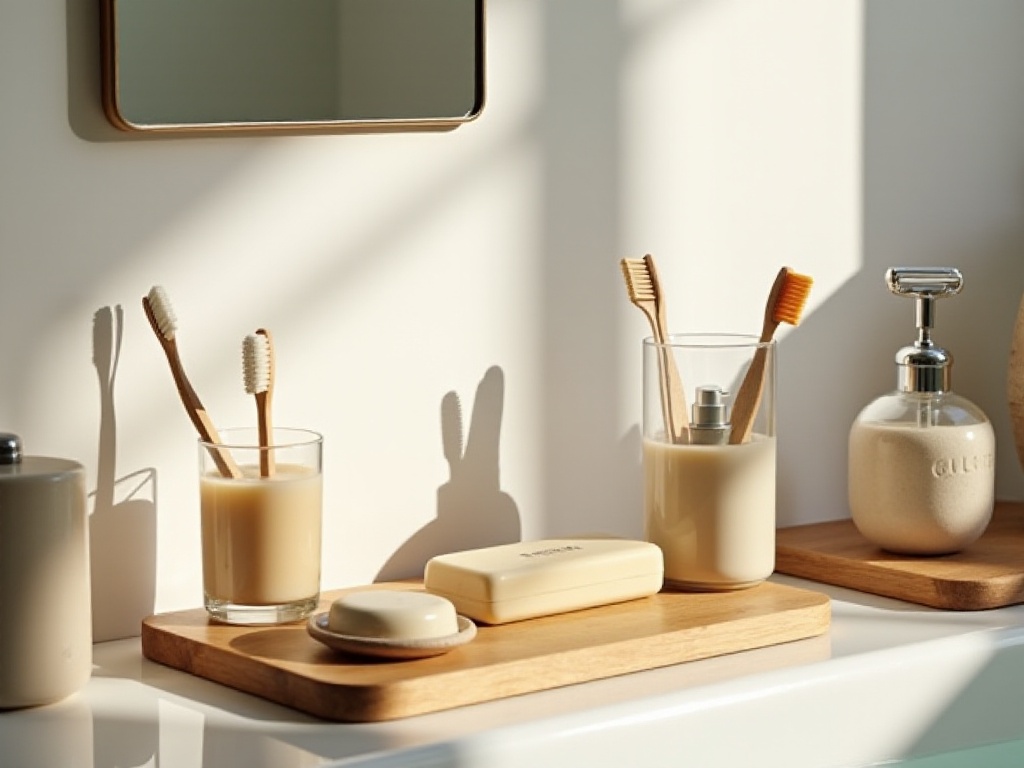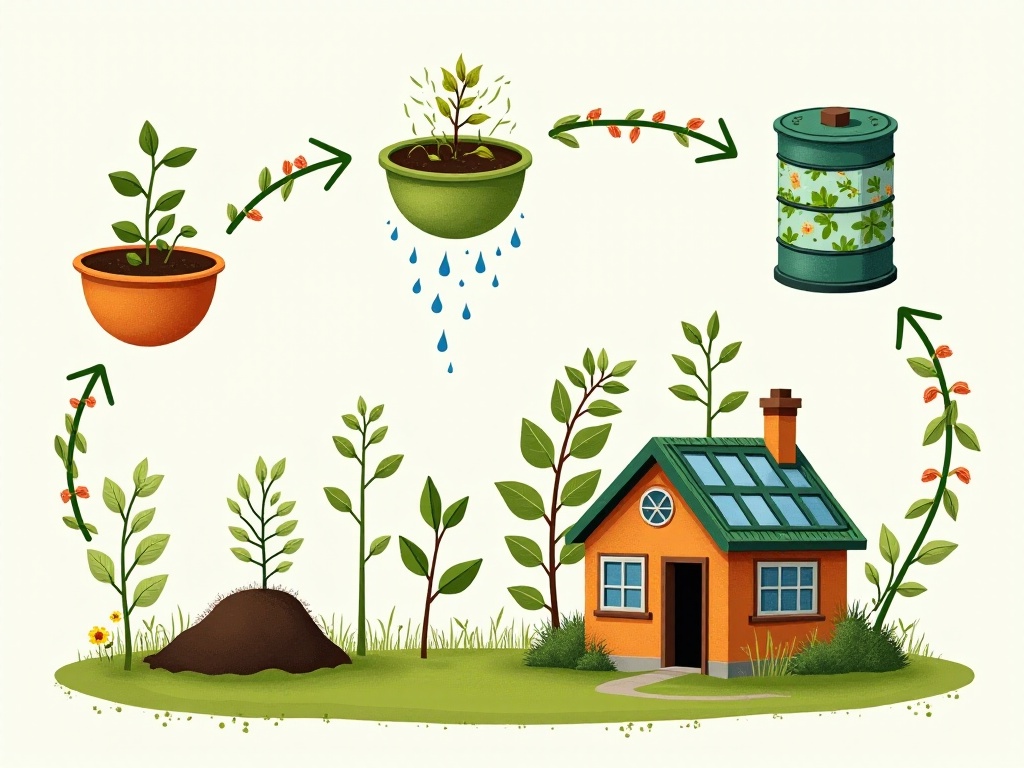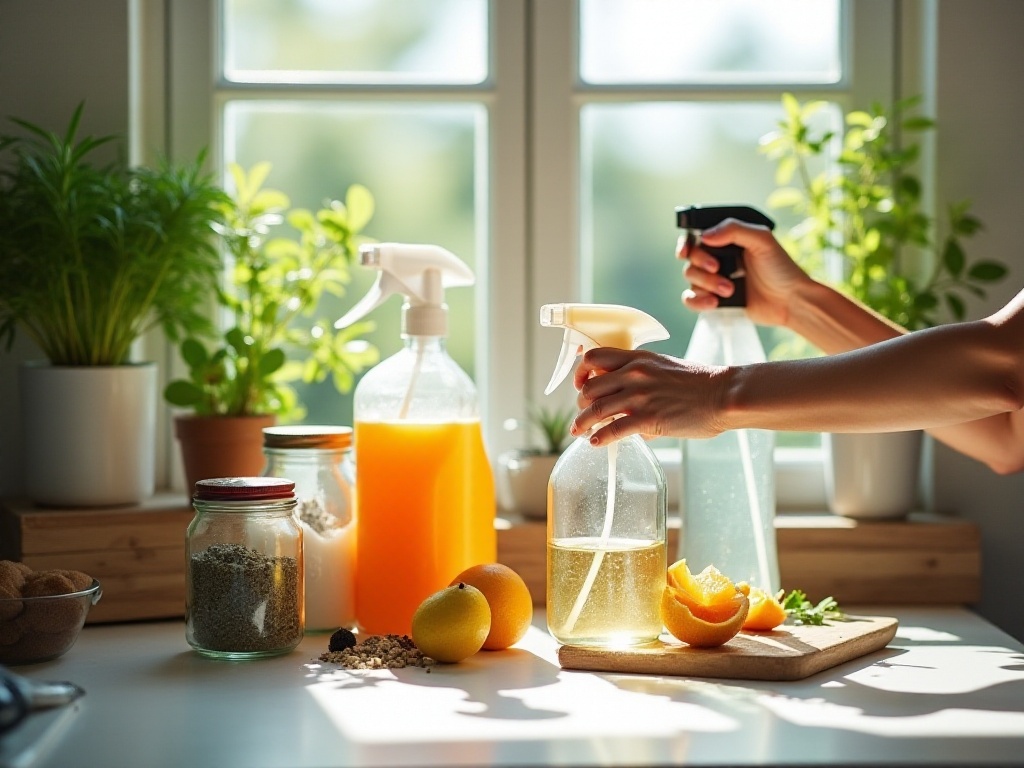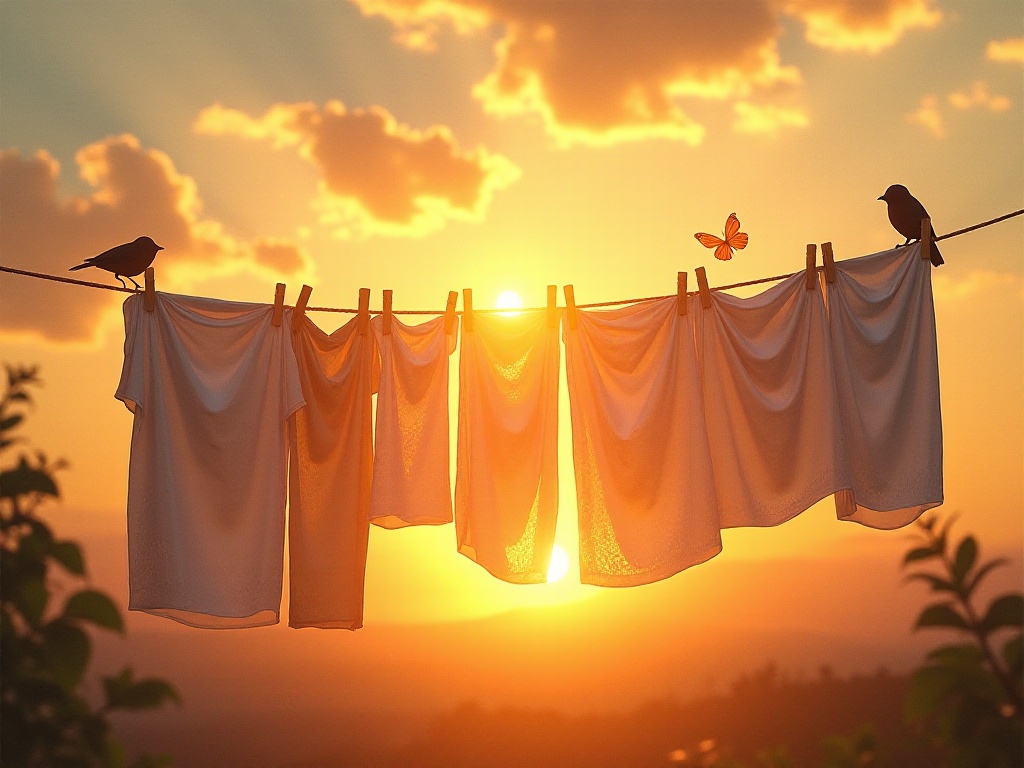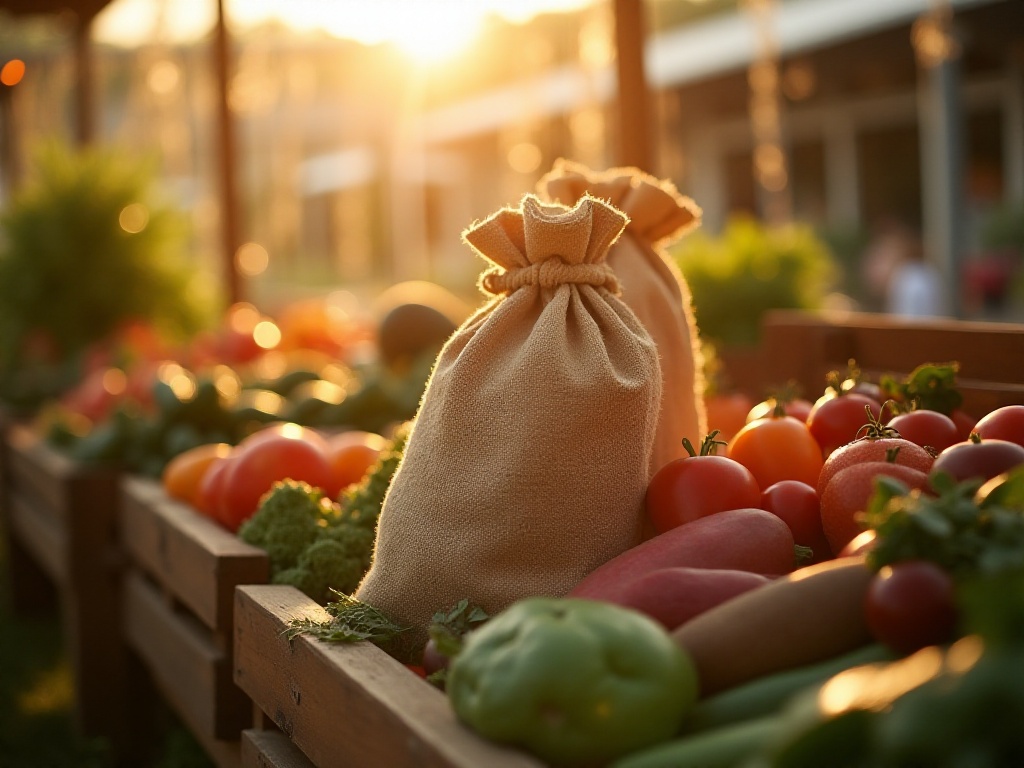First Steps to Waste Reduction
In recent years, environmental topics have become increasingly popular. Don't you feel distressed every time you see videos of plastic bags floating in the ocean or delivery drivers bringing tons of packaging waste? As a lifestyle blogger who has been studying environmental protection since college, I totally understand this feeling. But there's no need to be too anxious. Today, I'll share my years of practical experience and teach you how to easily incorporate zero waste into your daily life.
Here's a shocking statistic: an average household now produces 400kg of waste per year, roughly equivalent to the weight of 4 adults! More surprisingly, 60% of this is actually avoidable. Think about it - if each of us makes a small change, the effect would be amazing. I calculated that if 1,000 households in a community participate in waste reduction, they could reduce 240 tons of waste per year - that's 240,000 kilograms!
When I first started waste reduction, I also found it very challenging. But later I discovered that the key is finding your own pace. For instance, I started by just carrying a canvas bag, and gradually found this habit super practical. Before I knew it, I started trying more eco-friendly changes. Looking back now, these changes not only made life more organized but also saved quite a bit of money - an unexpected benefit.
New Shopping Mindset
Honestly, changing shopping habits was one of my biggest initial challenges. I remember feeling super awkward the first time I brought glass jars to the supermarket - it felt like everyone was staring at me! But now? My shopping equipment is quite complete: reusable shopping bags, various sizes of glass jars, mesh bags, cloth bags - I'm basically a walking eco-friendly supply depot, haha!
Let me share my shopping tips: First, prepare a shopping list in advance - this is super important! Planning what to buy prevents impulse purchases and buying too much that can't be used up. I now buy grains in bulk, using my own glass jars. It might seem troublesome at first, but when you calculate it, just for rice and grains alone, you can save at least 600 yuan per year. Plus, bulk ingredients are often fresher and more cost-effective than packaged ones.
You also need to learn to read ingredient lists and origin labels. I've found that many imported foods, while beautifully packaged, actually generate high carbon emissions during transportation. So now I try to choose locally produced products, which are both fresh and eco-friendly. Also, when buying fruits, pay attention to choosing seasonal ones - they're not only cheaper but taste better too.
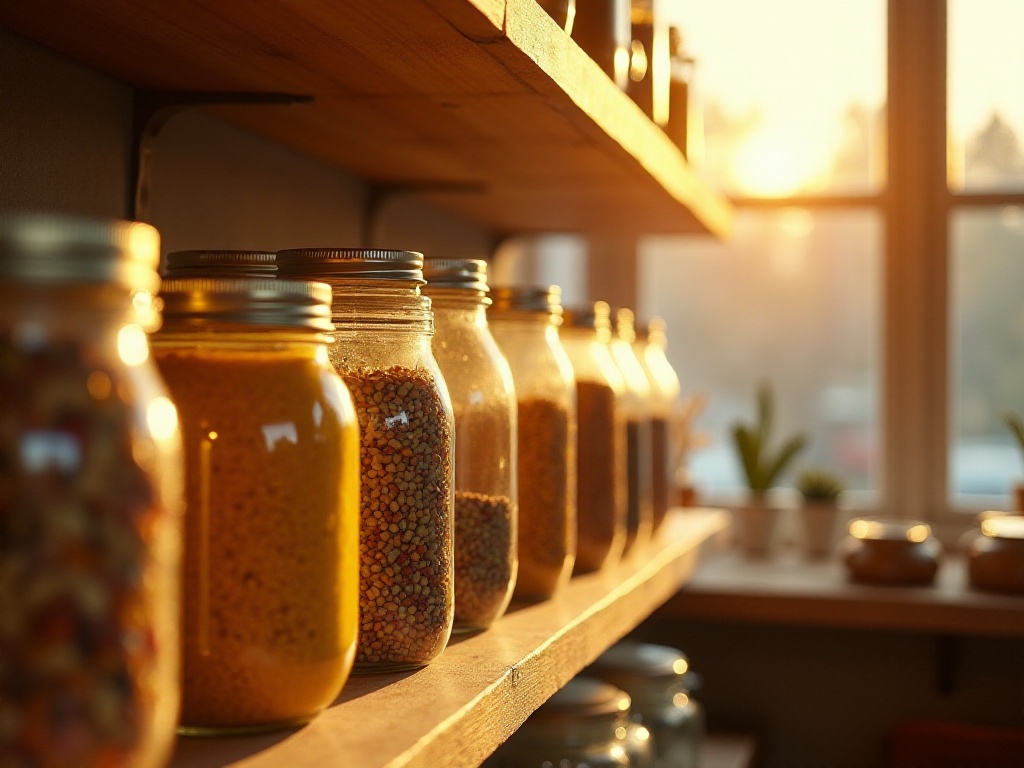
Kitchen Revolution
The kitchen is really where most waste is generated, but it's also the easiest area to change. My kitchen now has completely said goodbye to disposable items: plastic wrap has been replaced with silicone lids and beeswax wraps, disposable cleaning cloths with washable cotton cloths, and even garbage bags have been replaced with washable silicone trash bins.
I particularly want to share a storage method I love: categorizing leftovers in transparent glass containers and labeling them with dates. This makes everything visible at a glance and prevents food from being forgotten and molding in refrigerator corners. Every Friday, I conduct a "refrigerator clearing operation," turning nearly-expired ingredients into creative dishes. Honestly, sometimes I accidentally create particularly delicious new dishes!
Additionally, I've developed a habit of recording ingredient usage. I keep a list in my phone's notes, recording the expiration dates and inventory of commonly used ingredients. This prevents buying duplicates while shopping and avoids waste from buying too much. In my experience, this can improve ingredient usage efficiency by at least 50%.
For kitchen waste processing, I have a secret tip: dry fruit peels and vegetable trimmings for tea. For example, dried orange peels can be used to make tea, which not only has a subtle fragrance but is rich in vitamin C. Vegetable leaves and radish peels can be used for stir-frying or making soup - nutritious and delicious. For inedible kitchen waste, I collect it for composting. While composting might not be convenient in the city, you can buy a sealed compost bin that won't produce any odors.
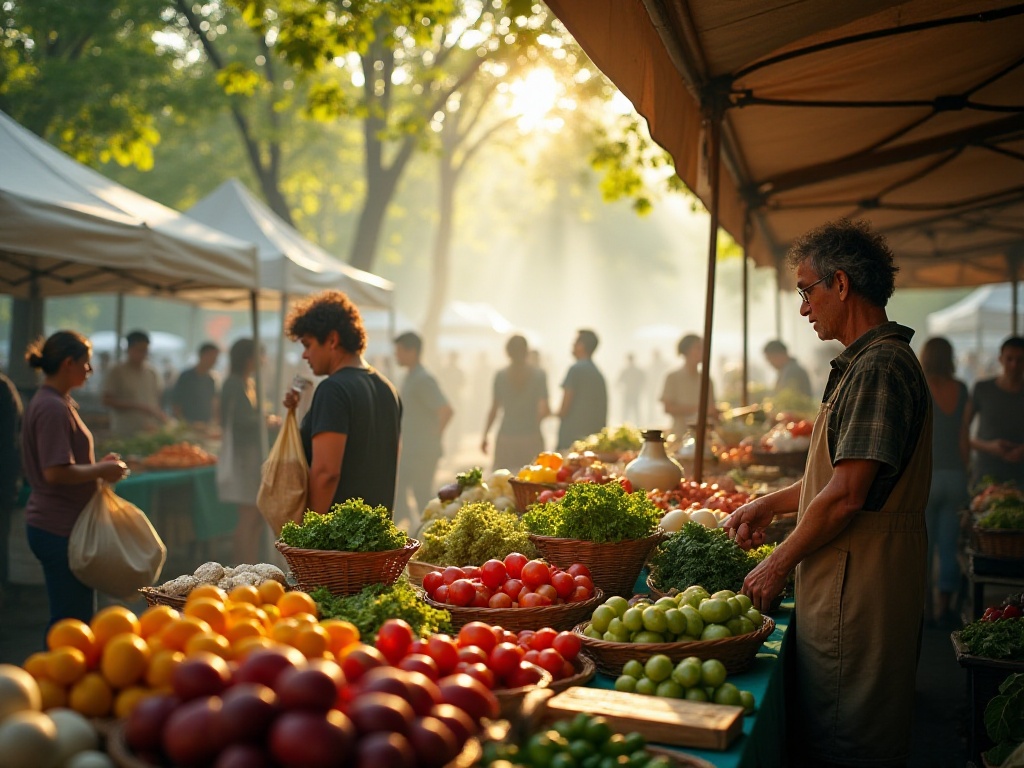
New Cleaning Solutions
When it comes to cleaning, I have so much to say! When I first started transitioning to eco-friendly cleaning products, my mom thought it wasn't reliable, believing that without chemical cleaners things wouldn't get clean. But after trying my cleaning "trio," she was immediately convinced!
Baking soda is truly the jack of all trades in cleaning! Sprinkle it on the floor for wiping, and it not only cleans but deodorizes; mix it with vinegar, and even the most stubborn limescale can be easily removed. Now I clean my toilet, sink, and bathtub all with baking soda and white vinegar, and the results are better than store-bought cleaners that cost dozens of yuan.
White vinegar is also a treasure product - diluted for cleaning glass, it leaves no streaks; sprayed on clothes, it quickly removes odors. As for lemons, sliced and soaked in water, they not only deodorize but work as air fresheners. These three items together cost only about 50 yuan per month, much cheaper than buying various specialized cleaners.
I've also developed some particularly useful cleaning formulas. For example: - Degreasing spray: White vinegar soaked with lemon peel for two weeks, mixed with some baking soda - Floor cleaner: Warm water with a little white vinegar and essential oil - Glass cleaner: White vinegar diluted 1:1 with water These homemade cleaners are not only cheap but have no chemical residue, making them especially friendly to skin and the environment.
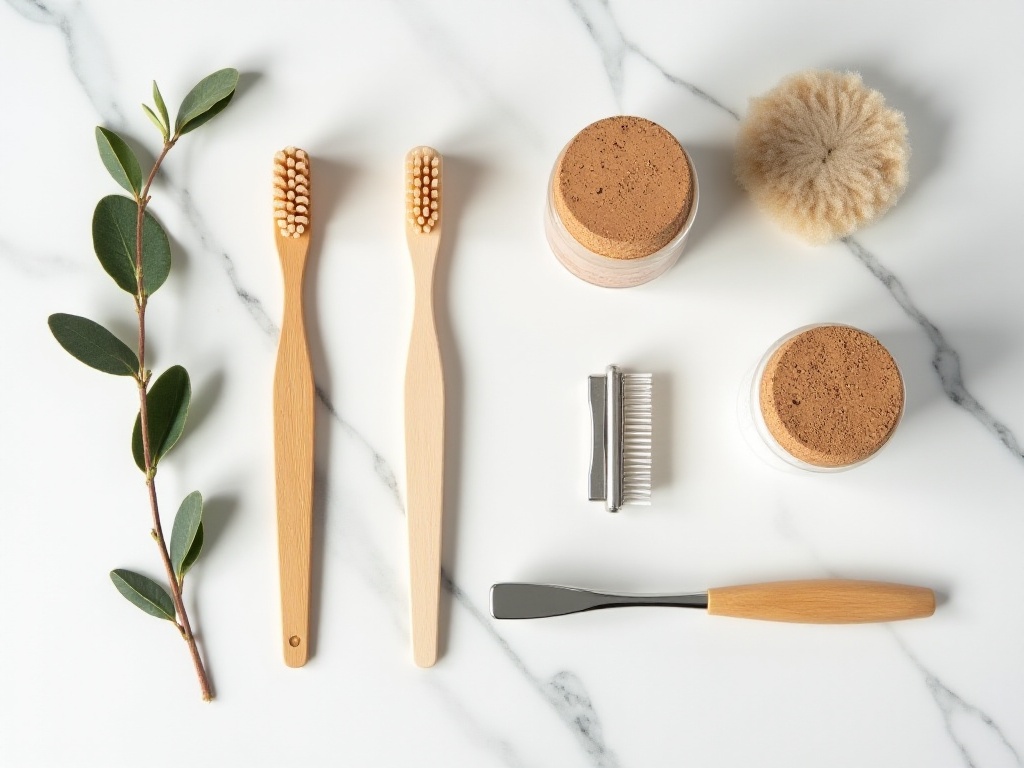
Personal Care Transformation
Speaking of personal care, this is really my proudest waste reduction achievement! From initially switching to bamboo toothbrushes to now having basically all personal care products achieve zero plastic packaging, this process has been really fulfilling.
Let's start with the basics - toothbrushes and toothpaste. Bamboo toothbrushes are really great alternatives, they feel good to use and are particularly durable. I used to worry about bamboo getting moldy, but as long as you dry it after each use and keep it in a ventilated place, this isn't an issue at all. As for toothpaste, I now use solid toothpaste. It took some getting used to at first, but after a while, I found the cleaning effect is no worse than regular toothpaste, and one piece lasts 3-4 months, making it quite cost-effective.
Many people might worry about skincare, as facial care products tend to be delicate. But actually, if you spend some time researching, you can find solutions that are both eco-friendly and effective. My skincare routine is now super simple: handmade soap for cleansing, then rose water spray for hydration, and finally homemade shea butter cream. Not only has this reduced packaging waste, but my skin condition is actually better than before.
I particularly want to share a skincare tip I've recently become obsessed with: drying green tea bags, chrysanthemum, and mint leaves to make facial mist. It's not only refreshing and comfortable but helps tighten pores. These materials can be bought directly from tea markets at very affordable prices.
I've also switched to solid shampoo and body wash. Honestly, when I first started using solid soap, it didn't feel smooth enough, but later I discovered it was a usage issue. Now I create lather with the solid soap before using it, and there's no dry feeling at all. Plus, solid soap is particularly durable - one piece lasts 2-3 months, making it much more cost-effective than liquid products.
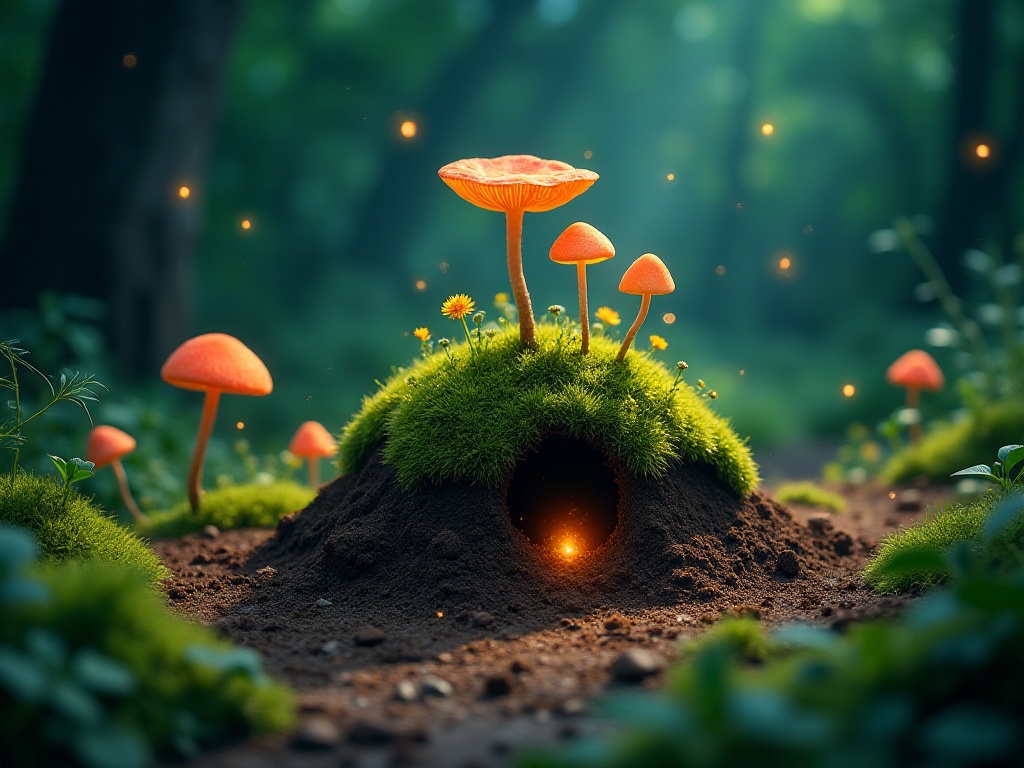
Clothing Management
The fashion industry is actually the second-largest polluter after the oil industry - this statistic is really shocking. But as someone who loves beauty, I think environmental protection and fashion can be balanced.
First is developing a rational shopping mindset. Every time I want to buy new clothes, I ask myself three questions: 1. Can this piece match with my existing clothes? 2. Will I wear it at least 30 times? 3. Is this fabric durable?
This mindset has saved me from many impulse purchases. While I now have fewer clothes in my wardrobe, each piece is carefully selected and matches perfectly. I now particularly like choosing basic pieces and varying looks through accessories. This not only saves money but also avoids accumulating clothes that are only worn once.
For clothes I no longer wear, I first consider if they can be modified. For example, shortening long dresses or turning old T-shirts into shopping bags. If they can't be modified, I'll sell them on second-hand trading platforms. Last year, I recovered over 2,000 yuan through this method, and these clothes found new owners - another form of environmental protection.
I've also discovered a particularly useful organization method: categorizing all clothes by color and occasion, then storing them vertically folded. This not only makes all clothes visible at a glance but also prevents duplicate purchases due to not seeing what you have. Every season change, I do a major wardrobe cleanup, promptly dealing with unsuitable clothes.
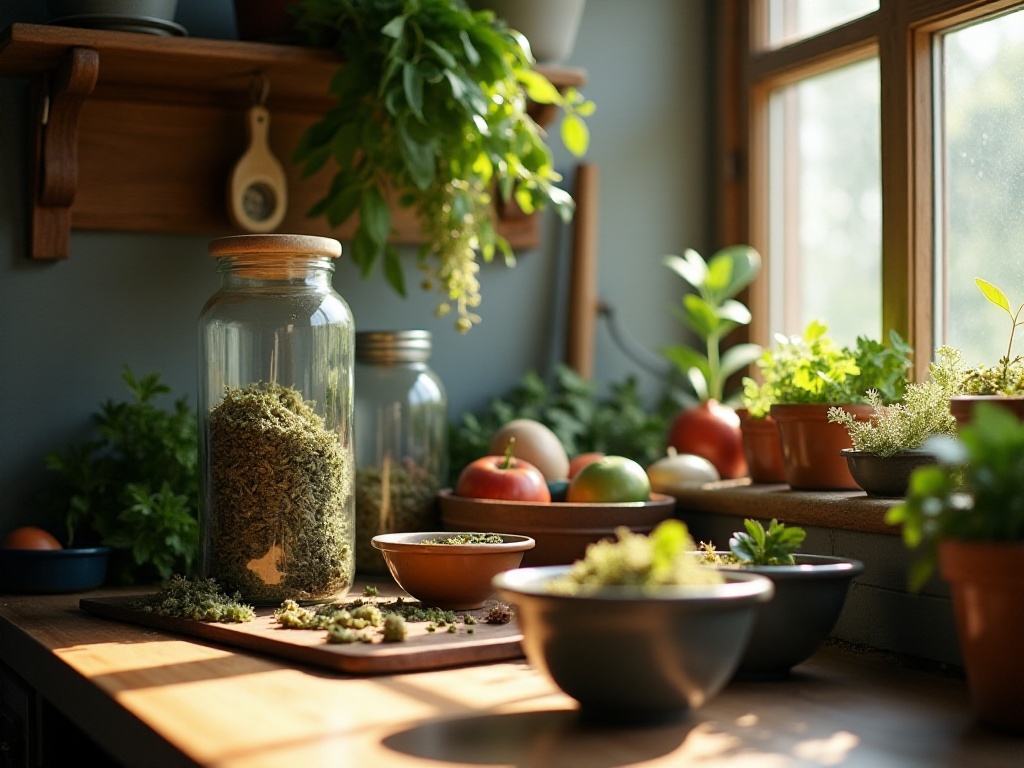
Sharing Results
After practicing a zero-waste lifestyle for over a year, I've really noticed many changes. First, the house has become overall tidier, because with fewer things, storage naturally becomes easier. Monthly spending on daily necessities has decreased by over 500 yuan, which is quite a significant amount.
More importantly, this lifestyle has given me a new perspective on consumption. Previously, I always pursued buying new things and buying more, but now I focus more on items' practicality and durability. This change has not only made my wallet fuller but also made me happier.
I've also found that while practicing a zero-waste lifestyle, I've unexpectedly met many like-minded friends. We often exchange environmental protection tips, share shopping lists, and participate in environmental activities together. This feeling is really great, like finding your own little organization.
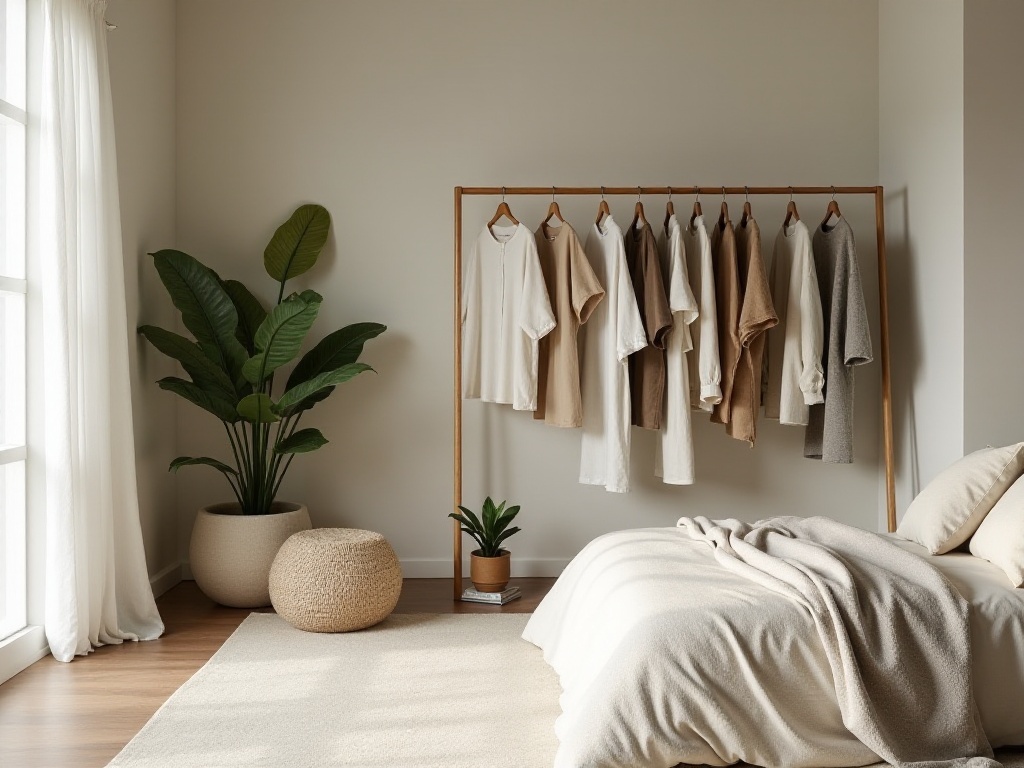
A New Beginning
If you also want to start a zero-waste lifestyle, my advice is to start with the simplest things. For example, carrying a water bottle and shopping bag, or starting to try using reusable cutlery. Don't put too much pressure on yourself - zero waste is a gradual process.
Remember, everyone's lifestyle is different, and finding a pace that suits you is most important. It might seem troublesome at first, but once you slowly develop the habit, you'll find it's actually a very relaxed way of living.
I look forward to seeing more people join the zero-waste movement. Let's act together to reduce the burden on Earth and save money for ourselves. I believe that through everyone's small changes, we can definitely make the world a better place.


